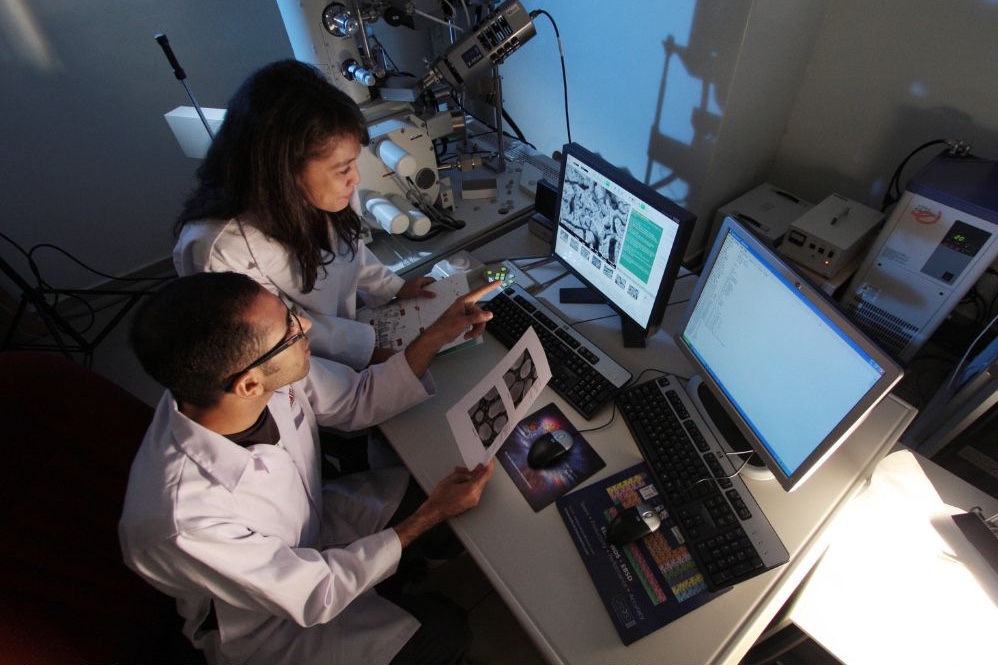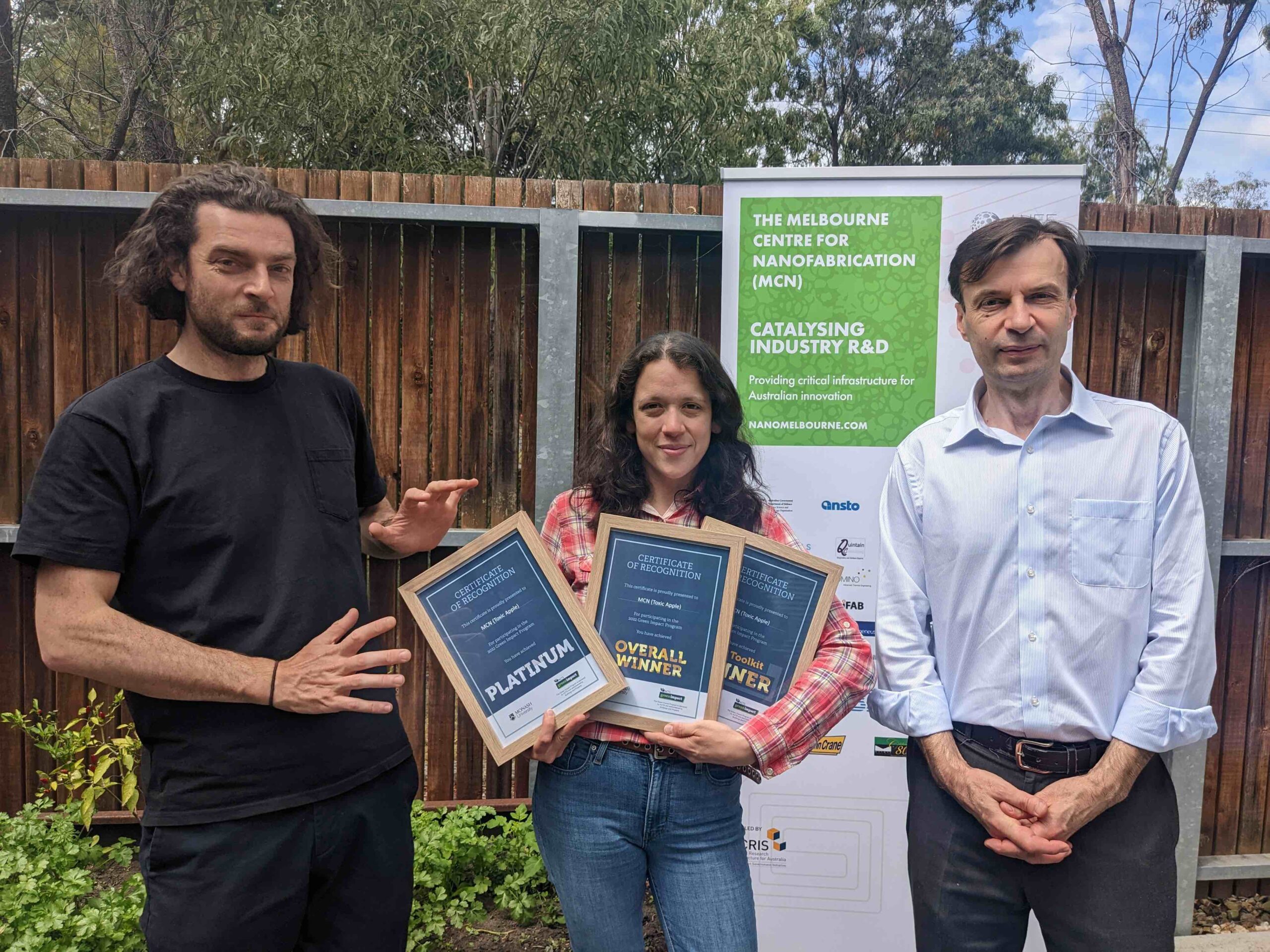Available Accreditations
Green Impact Labs Accreditation
Australasia (GILA-ANZ)
GILA-ANZ is a sustainability accreditation tailored specifically for wet labs – spaces where experimental, scientific, or technical work involves the use of chemicals, biological materials, specialist equipment, or safety-controlled procedures. These labs typically have a measurable environmental footprint and engage with actions across areas such as energy use, waste reduction, cold storage, procurement, and chemical safety. The GILA-ANZ is a variant of the SOS-UK GILA – adapted to reflect the operational context of Australasian laboratories.
Whether you’re part of a whole-of-institution Green Impact program or an individual lab team looking to demonstrate your sustainability credentials, GILA-ANZ offers a flexible, structured pathway to formal recognition.
Why get GILA-ANZ accreditation?
With sustainability increasingly embedded in research funding, infrastructure, and institutional strategy, GILA-ANZ helps laboratory teams:
- Demonstrate commitment to environmentally responsible research
- Meet growing expectations from funders and stakeholders
- Build capability and engagement across lab teams
- Gain formal recognition with a nationally standardised certificate
How it works
1. Access the toolkit: Register your lab to gain access to the GILA-ANZ online toolkit — a set of 54 evidence-based, practical actions designed to improve sustainability in research laboratories.
2. Complete core and elective actions: Your lab must complete 7 mandatory actions (worth 39 points) and a selection of elective actions to reach a total of 175 points. These actions span key areas like energy, waste, procurement, and lab culture.
3. Submit your evidence: Upload evidence directly through the toolkit as you complete actions.
4. Undergo an audit: Once you’ve submitted your evidence, your lab will be reviewed through an evaluation audit to confirm your accreditation.
5. Celebrate your success! Successful labs receive a formal GILA-ANZ certificate (valid for 12 months), a digital badge for use in communications and public recognition on the Green Impact website.
Defining a “Lab”
GILA has been designed to be adaptable to a wide variety of laboratory environments. To ensure consistency and manageability in large institutions, GILA-ANZ certification is awarded based on lab spaces, not individual researchers or entire faculties.
For GILA-ANZ, a “lab” is defined as a functional laboratory space or unit with shared equipment, infrastructure, and practices, managed or coordinated by a designated lab manager, facility manager, or technical lead.
This definition prioritises the physical space and its operational management over individual research teams or project groups.
Why by lab, not by team?
In universities and large research institutions, laboratory spaces are often shared across multiple groups. GILA-ANZ recognises this by awarding accreditation based on the lab space, coordinated by those responsible for daily operations and safety. This ensures:
- Clarity of responsibility
- Practical, space-wide improvements
- Inclusive participation from all lab users
Any eligible lab based in Australia, Aotearoa New Zealand, or the wider region can apply for GILA-ANZ accreditation.



Showcasing leadership
GILA-ANZ supports labs to showcase leadership in sustainability — whether in grant applications, internal reporting, or external recognition. The certificate provides funders, collaborators and institutional leaders with a clear signal that a lab is actively working toward best practice.


